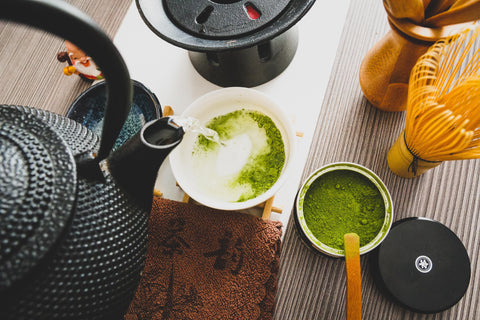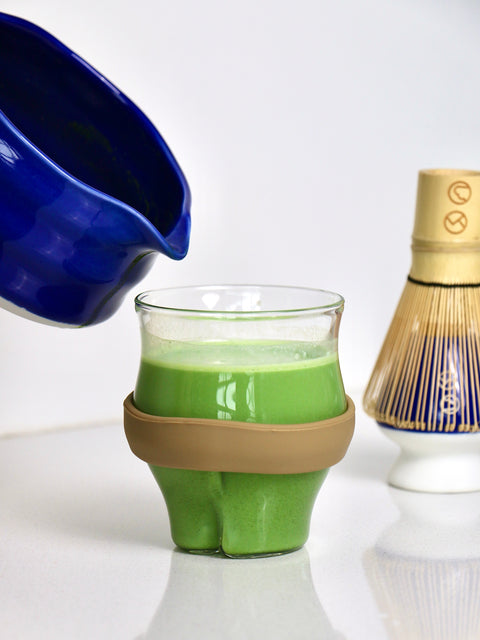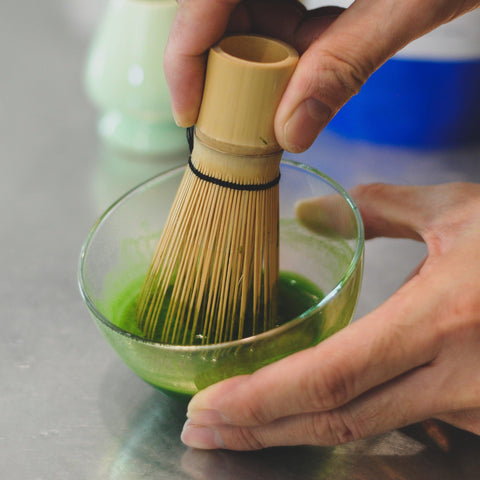
Wellness is no longer just about eating healthy — it’s a holistic lifestyle blending physical health, mental well-being, and mindful living. Matcha sits at the center of this shift, offering both proven health benefits and cultural depth.
Functional Nutrition in the Spotlight

Consumers are increasingly choosing foods and beverages with added health functions. Matcha is packed with antioxidants, amino acids, and caffeine, making it a “functional superfood” (Innova Market Insights, 2021). Studies show matcha supports metabolism, heart health, and mental clarity (Kuriyama et al., 2006).
Mindfulness and Mental Health

With rising stress levels worldwide, mindfulness practices are gaining popularity. The preparation of matcha — whisking, sipping slowly, and savoring — mirrors mindfulness rituals. L-theanine in matcha promotes calm focus, reducing stress while improving attention (Nobre et al., 2008).
Plant-Based and Clean Label Movement

Matcha aligns with plant-based diets and clean-label trends. It’s minimally processed, natural, and often marketed with transparency about sourcing and farming (NielsenIQ, 2022).
A Bridge Between Tradition and Innovation

While rooted in centuries-old Japanese tea ceremonies, matcha is being reinvented in wellness cafés, smoothies, supplements, and skincare. This blend of tradition and modernity appeals to younger demographics looking for authenticity with innovation.
From yoga studios to café menus, matcha is more than a drink — it’s a wellness symbol. It connects modern trends in mindfulness, functional nutrition, and plant-based living.
At Forest Cloud, our matcha offerings are crafted to support these evolving wellness journeys, bringing heritage and health into one cup. Explore our matcha range here.
References
-
Innova Market Insights. (2021). Top 10 Food & Beverage Trends.
-
Kuriyama, S., et al. (2006). Green tea consumption and cognitive function. American Journal of Clinical Nutrition, 83(2), 355–361.
-
NielsenIQ. (2022). Transparency in Food and Beverage.
Nobre, A. C., Rao, A., & Owen, G. N. (2008). L-theanine and its effect on mental state. Asia Pacific Journal of Clinical Nutrition, 17(Suppl 1), 167–168.





